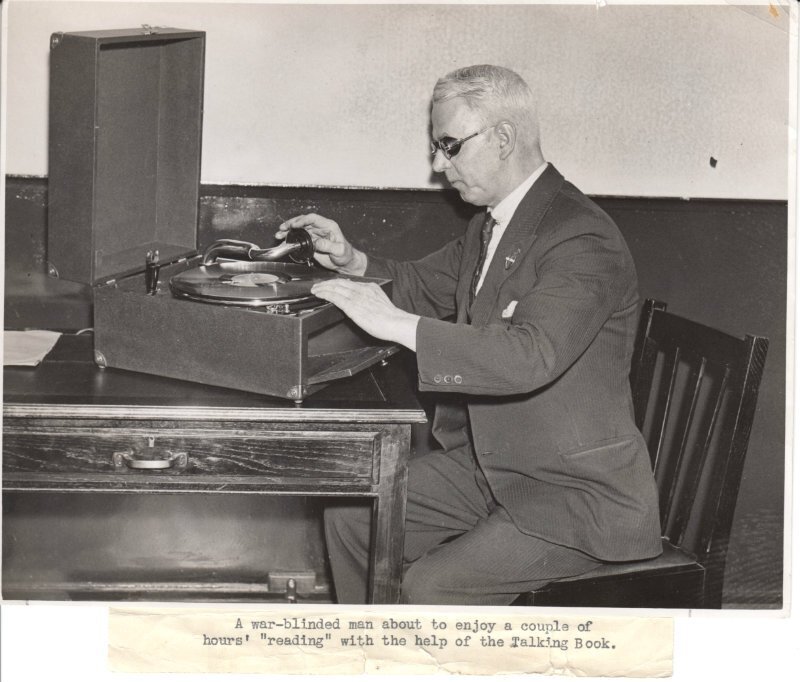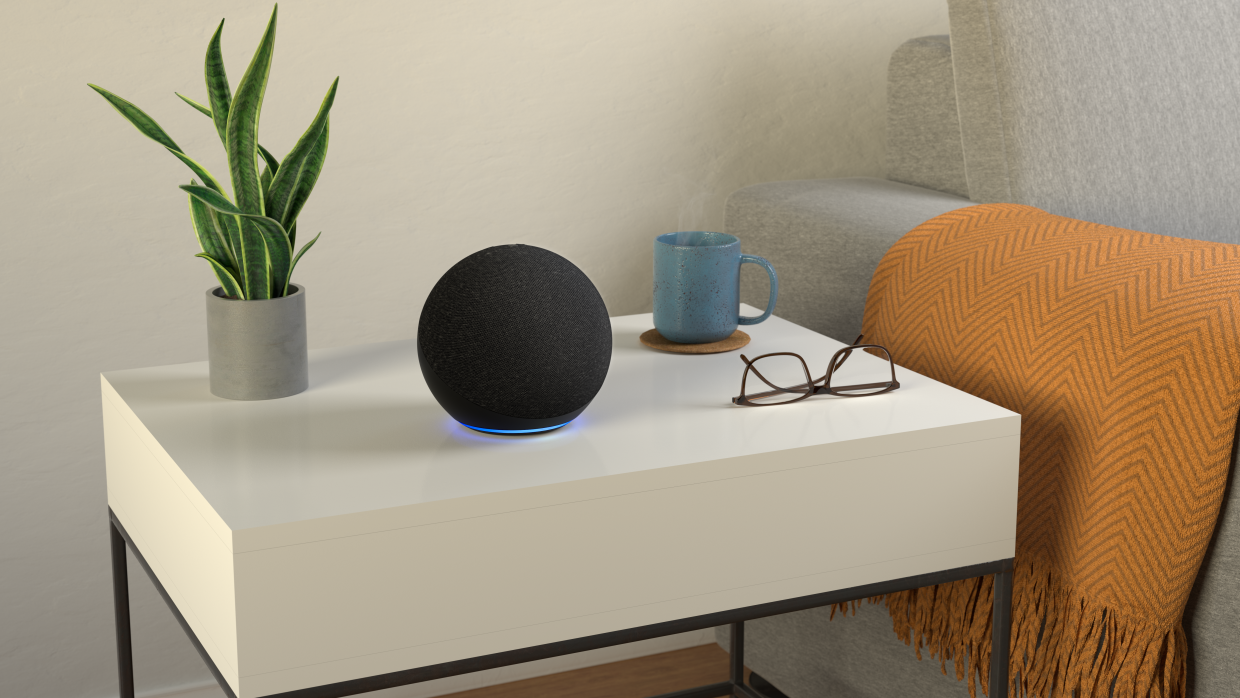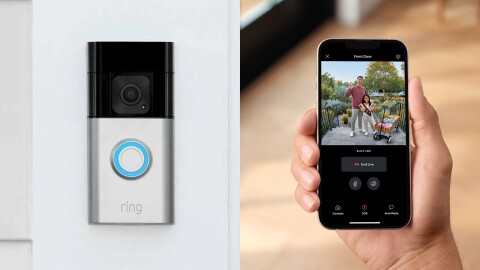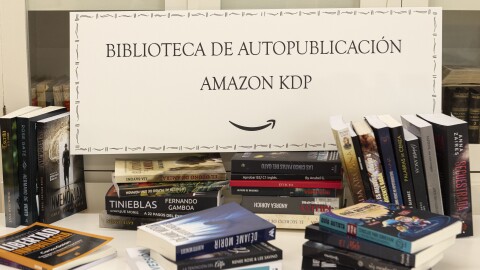The Talking Books service from the Royal National Institute of Blind People (RNIB) in the UK is 86 years old, yet it continues to adapt to the changing landscape of how its users want to read books.
Their latest innovation means that blind or partially sighted people can now instantly access thousands of audio books for free by saying, “Alexa, open RNIB Talking Books,” and then choosing a book, such as “Alexa, find Harry Potter and the Philosopher’s Stone.”
Revolutionizing reading after the First World War

The Talking Books service revolutionized reading for people with sight loss when it launched in 1935 to help soldiers who had been blinded in the First World War. Their injuries meant they returned to Britain no longer able to read, and not all of them had been able to learn braille. Some found the code too difficult, while others had also injured their hands.
At the time, the National Institute for the Blind (now RNIB) and St Dunstan’s (now Blind Veterans UK) joined forces to create the Sound Recording Committee which originally recorded Talking Books onto records to be played on gramophones. The first ever Talking Book created was Agatha Christie’s The Murder of Roger Ackroyd, published by Harper Collins.
The evolution of Talking Books continued through the years with tapes, CDs, digital downloads – and now voice activated technology.
Innovating with Alexa
Described by many users as a ‘lifeline’ during the pandemic, the service sent out more than 1.33 million Talking Books in the last year. Now it’s more accessible than ever thanks to Alexa.

David Clarke, Director of Services at RNIB, said: “We are extremely pleased to announce that Talking Books customers can now access the 34,000 books in the RNIB Library by asking Alexa. There are some great advantages to accessing your Talking Books this way. If you start a book but don’t like it, you can immediately choose another one rather than waiting for your next book to arrive in the post.”
He added: “Voice activated technology is bringing us closer to a world where blind and partially sighted people can consume books on a level playing field with sighted people.”
Dennis Stansbury, Alexa UK Country Manager, said: “We love hearing feedback about how customers use Alexa throughout their day. We are delighted that customers can now access thousands of Talking Books by simply asking Alexa, alongside setting reminders, listening to music and creating shopping lists.”
Book fans are listening to their favorite authors
Liam O’Carroll, who is blind, lives in South West London. Liam is a keen reader and enjoyed testing the Alexa Talking Books skill for RNIB.
“It’s been fun to use, it’s nice and simple to set up. One of my favorite authors is James Herbert and I was able to easily search for books by him. My seven-year-old son also benefitted from the Alexa skill. He loves books by David Walliams and enjoyed using the skill to listen to them.”
Award winning children's writer and illustrator Sally Gardner uses the Talking Books Library and has her books included in the library.
“This is a wonderful innovation with Amazon and anything that brings the world of talking books faster to blind and partially sighted people, and to the dyslexic community, is something to be celebrated,” said Sally.
“I can’t wait to ask Alexa to give me a talking book from RNIB’s 34,000 titles, now that’s what I call magic.”
Alexa users who are registered for RNIB's online library will be able to search by book title, author and key words. RNIB will continue to provide Talking Books in the traditional USB and CD format, and customers can still access RNIB advice and support services including Tech for Life.
The services that RNIB Library provide are open to a wide range of people who might have sight loss or print impairment issues. Those who are eligible to join the library include, people who are blind or partially sighted, or have an impairment that prevents or limits the individual from reading standard print.
Learn more about the RNIB and their work.












